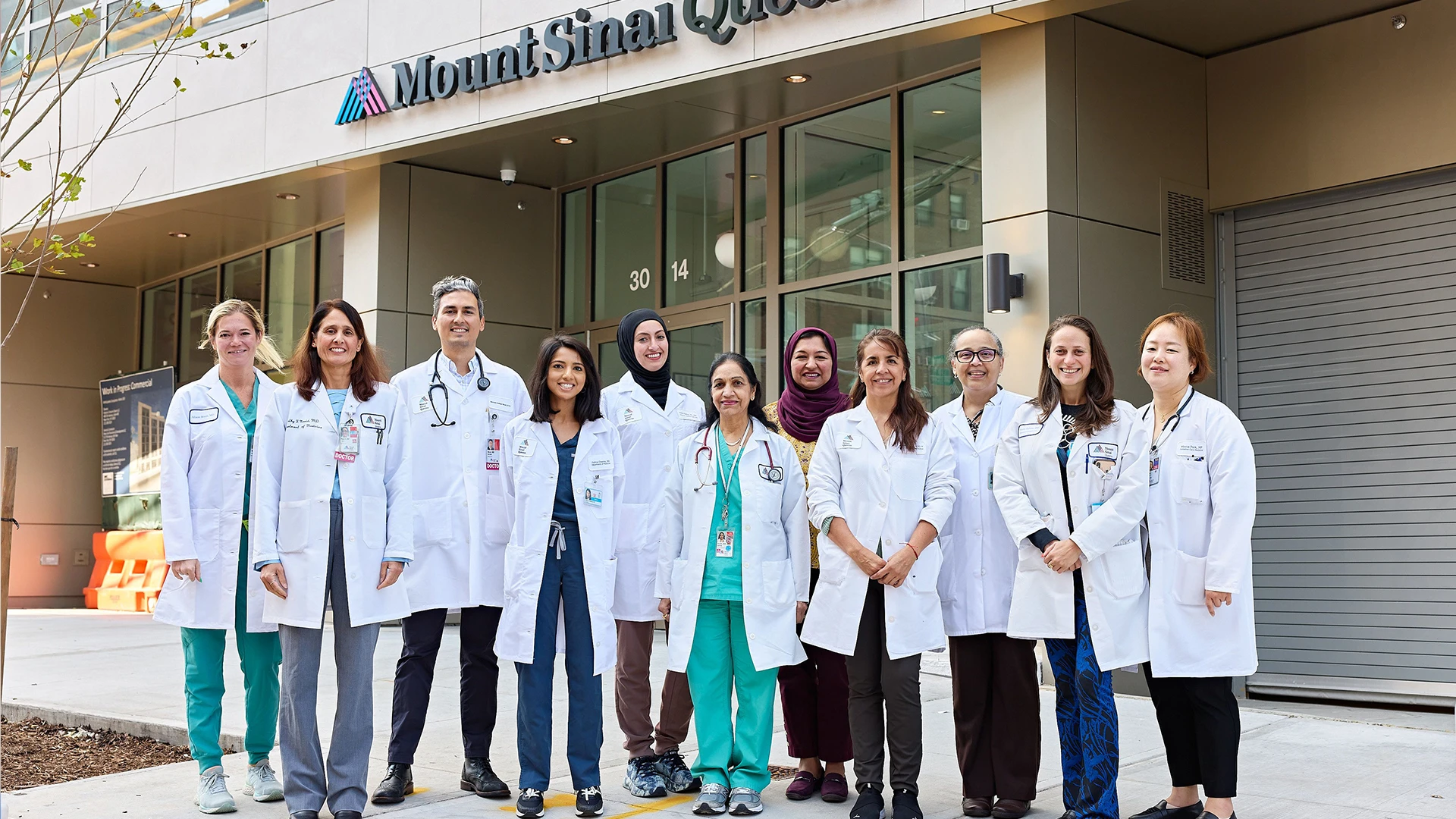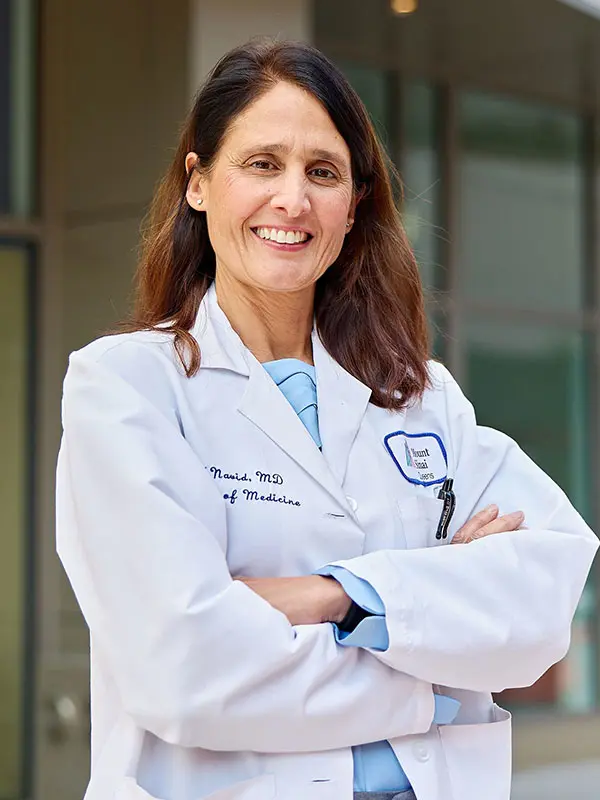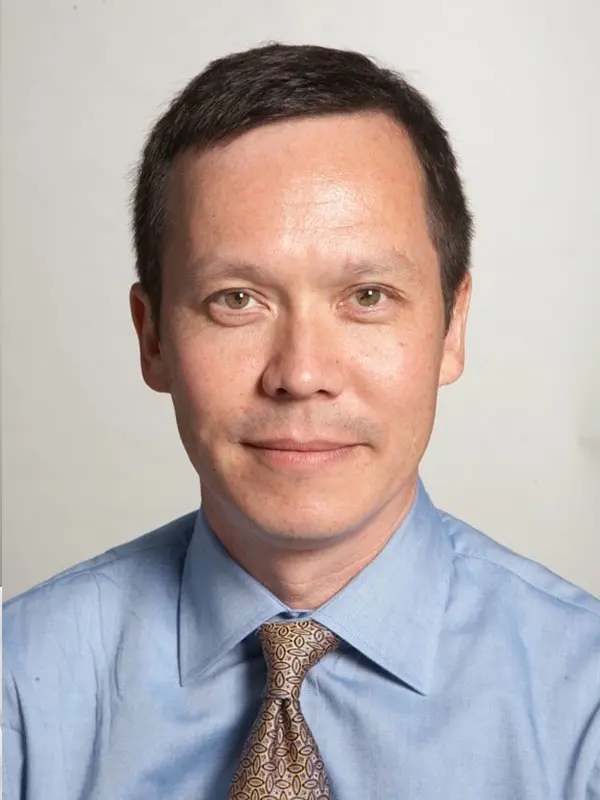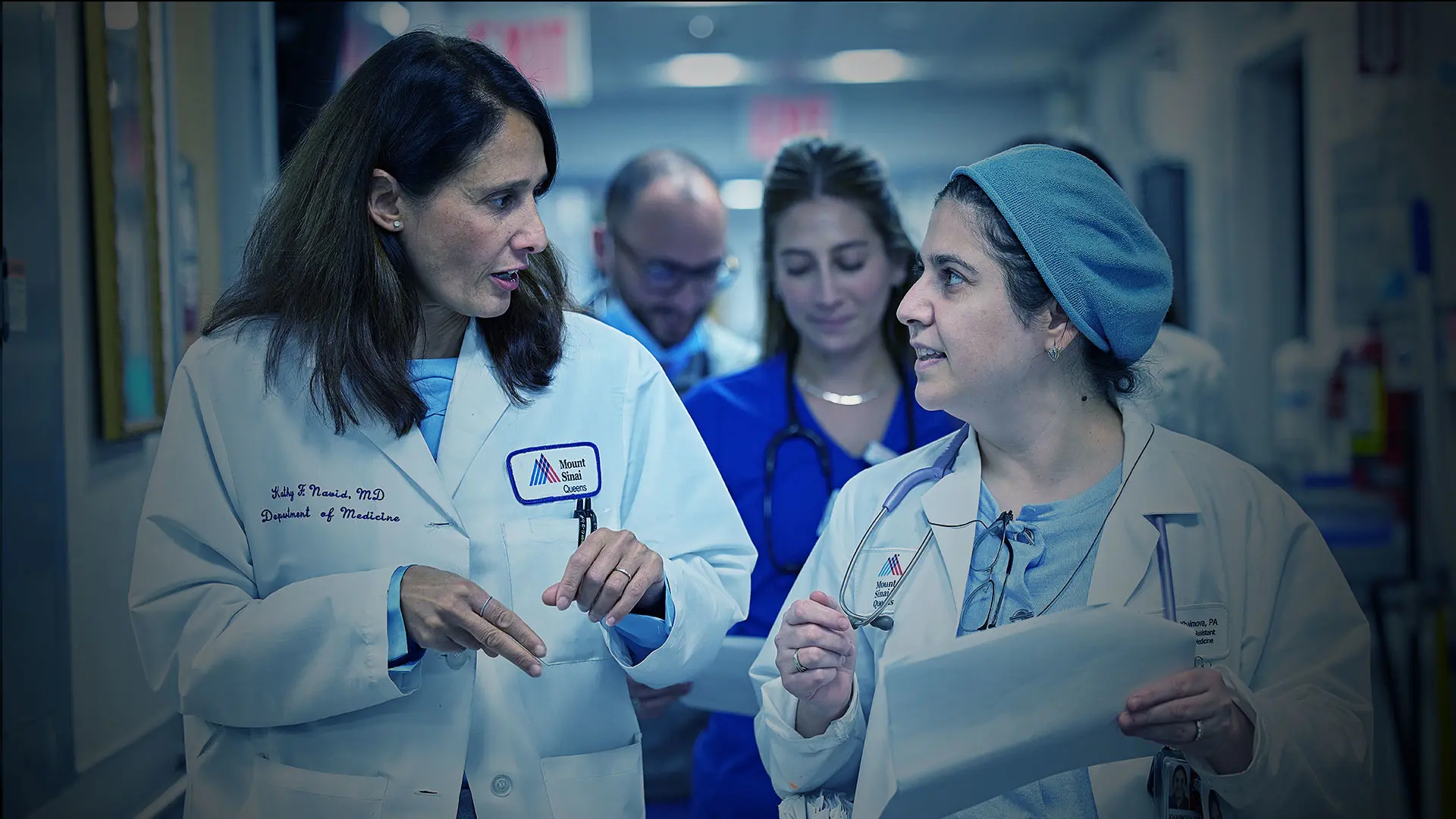Located in one of the most polyethnic communities in the country, Mount Sinai Queens is an acute-care center keenly equipped to handle the population’s complex and diverse medical needs. In recent years it has added a state-of-the-art stroke program, a massive investment in cardiovascular care, and an expanded presence in oncology, endocrinology, gastroenterology, and outpatient services, all conveniently available at several new ambulatory care sites. Most recently, the hospital added a geriatrician to optimize its care of older adults.
“There’s a great interest nationally in disparities in health care, and nowhere are they on greater display than in western Queens, where a third of our patients don’t speak English,” says Kathy Navid, MD, Associate Professor of Medicine (Hospital Medicine) at the Icahn School of Medicine at Mount Sinai, and Chair of the Department of Medicine at Mount Sinai Queens. “That’s what we’re focused on: taking a population that faces so many barriers to health care and working our hardest to offer them the same kind of specialized services and quality health care they would enjoy if they lived in Manhattan.”
To that end, the 170-bed campus in the Astoria section of Queens is developing centers of excellence around cardiology, neurology, and oncology, drawing on the resources and expertise of The Mount Sinai Hospital, its parent across the East River. In launching a certified stroke program, for example, the hospital benefited from a highly skilled neurology subspecialty team that came over from The Mount Sinai Hospital and took up round-the-clock residence at the main Astoria site. That huge investment enabled the hospital to become a thrombectomy-capable stroke center featuring a state-of-the-art CT machine with X-ray fluoroscopy that could be deployed for interventional procedures as well as scanning. The stroke center—the first of its kind in Queens—performed its first cerebral thrombectomy in 2017.
The real turning point for Mount Sinai Queens occurred the prior year, however, with the opening of a spacious new ambulatory pavilion in Astoria, replete with outpatient operating rooms and a wide range of specialty and primary care offices. As part of the dramatic shift, the hospital also hired six physicians for its hospital medicine program and started evolving into “more of a Mount Sinai presence,” as Dr. Navid puts it. Over the past two years, the expanding Department of Medicine footprint has included seven endocrinologists at five ambulatory care sites on and off the main hospital campus, and smaller but growing teams of gastroenterologists, nephrologists, infectious disease specialists, and renal doctors.
Nowhere has the growth been more impressive, however, than in cardiology, which now encompasses nine cardiologists and is tripling its physical size. “A cardiac catheterization unit was recently opened, the first one in the area, and all of our cardiovascular services are being consolidated in a new state-of-the-art building across the street from the hospital with a CT scanner, echocardiogram, and stress- and other advanced-testing modalities,” explains Stephen Sigworth, MD, Associate Professor of Medicine (General Internal Medicine) at Icahn Mount Sinai. Dr. Sigworth has been leading ambulatory care development for the past four years at Mount Sinai Queens and Mount Sinai Brooklyn.
The Mount Sinai investment in Queens is also paying dividends for individuals waiting for a kidney or liver transplant. “These patients are pretty sick, and their ability to travel is limited,” notes Dr. Navid. “They’re now able to get subspecialty care from transplant teams based at Mount Sinai that come over to Queens once a week. They never had that option before.”

The Mount Sinai Queens Department of Medicine serves the complex and diverse medical needs of one of the most polyethnic communities in the country,
Given the sensitivity of Mount Sinai Queens to the diverse population it serves, it’s not surprising that community outreach continues to be an area of intense pride—and robust activity.
“Our patients have tremendous needs, and because many of our staff are from the community, they’re equipped to recognize and address them,” acknowledges Dr. Navid, herself an internal medicine physician. “One area of focus, for example, is breast cancer screening in the Bangladeshi American community, as well as blood pressure testing, knowing the prevalence of cardiovascular disease in this population. Our cardiologists look for opportunities to practice and advocate for disease detection and prevention in this community.”
That sensitivity is no less evident in the inpatient setting. In a hospital where several dozen languages are spoken on the floors, physicians and staff are equipped with a sophisticated video interpretation system on their monitors and phones for instant onsite translation. Palliative care teams consisting of physicians, nurse practitioners, and social workers are also attuned to the multiplicity of cultural needs, especially when having end-of-life discussions with patients and their families.
Sums up Dr. Navid: “It’s really gratifying to be able to bring this level of passionate and highly skilled care to the small, closely knit neighborhoods of Queens. Even better, with the support of our tertiary care partner we continue to up our game.”
Featured

Kathy Navid, MD
Associate Professor of Medicine (Hospital Medicine); Chair, Department of Medicine, Mount Sinai Queens

Stephen Sigworth, MD
Associate Professor of Medicine (General Internal Medicine)
